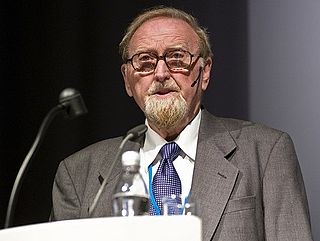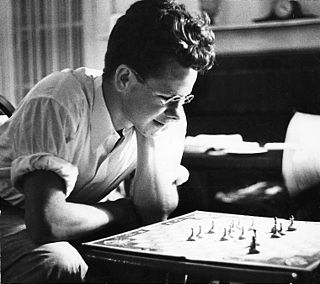A Quote by Charlie Munger
So, economics should emulate physics' basic ethos, but its search for precision in physics-like formulas is almost always wrong in economics.
Related Quotes
I do sense, as compared with let's say the early '50s, there's somewhat more of a careerism. I don't think it's anything special to economics; it's equally true with physics or biology. A graduate education has become a more career-oriented thing, and part of that is because of the need for funding. In fact, that's a much worse problem in the natural sciences than it is in economics. So you can't even do your work in the natural sciences, particularly, and even to some extent in economics, without funding.
There is no science in this world like physics. Nothing comes close to the precision with which physics enables you to understand the world around you. It's the laws of physics that allow us to say exactly what time the sun is going to rise. What time the eclipse is going to begin. What time the eclipse is going to end.
It seems that every practitioner of physics has had to wonder at some point why mathematics and physics have come to be so closely entwined. Opinions vary on the answer. ..Bertrand Russell acknowledged..'Physics is mathematical not because we know so much about the physical world, but because we know so little.' ..Mathematics may be indispensable to physics, but it obviously does not constitute physics.


































